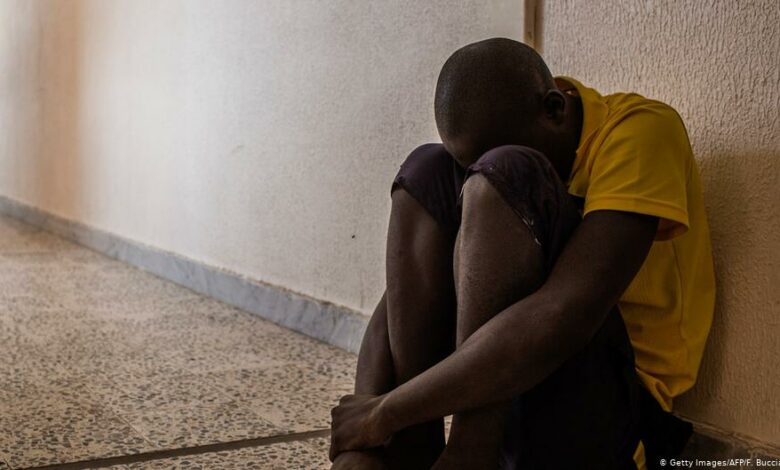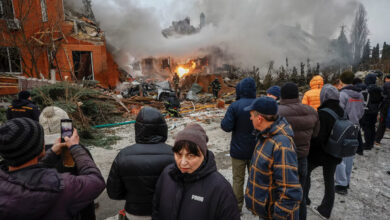
Amnesty International on Thursday condemned “the ongoing complicity of European states” for cooperating with authorities responsible for “horrific violations” committed against migrants returned to Libya after attempting to cross the Mediterranean Sea.
In a report that focused on migrants returned to detention camps in Libya in 2020 and 2021, the international rights organization said it found new evidence of “harrowing violations, including sexual violence, against men, women and children.”
The report was compiled after interviews with 53 refugees and migrants between the ages of 14 and 50. Originally from several countries, including Nigeria, Somalia and Syria, the interviewees were mostly still in Libya.
Sexual assault for basic necessities
A woman told Amnesty that camp guards say, “Maybe you want fresh water and beds…let me have sex with you, so I can free you.” She was one of many who said guards at the detention centers raped women in exchange for their release or basic necessities like clean water.
There were also cases in which pregnant women were raped by guards, men were humiliated by being forced to only wear their underwear, and many others, including boys, were groped and violated.
The detention camps were recently placed under the control of the Libyan Interior Ministry but worsening conditions have led to calls for their closure.
All with Europe’s financial backing
The European Union and Italy have, for years, financed and trained coast guards to stop migrants and refugees from crossing the Mediterranean to Europe. About 15,000 people were intercepted by these coast guards at sea and returned to Libya, just in the first half of this year.
Amnesty said some 6,100 people were moved to camps by the end of June.
Despite a UN-backed peace plan in place to maintain a truce between Libya’s warring factions, armed groups hold significant power on the ground, making it dangerous for refugees and migrants.
The international right groups urged Europe to “suspend cooperation on migration and border control with Libya.”




